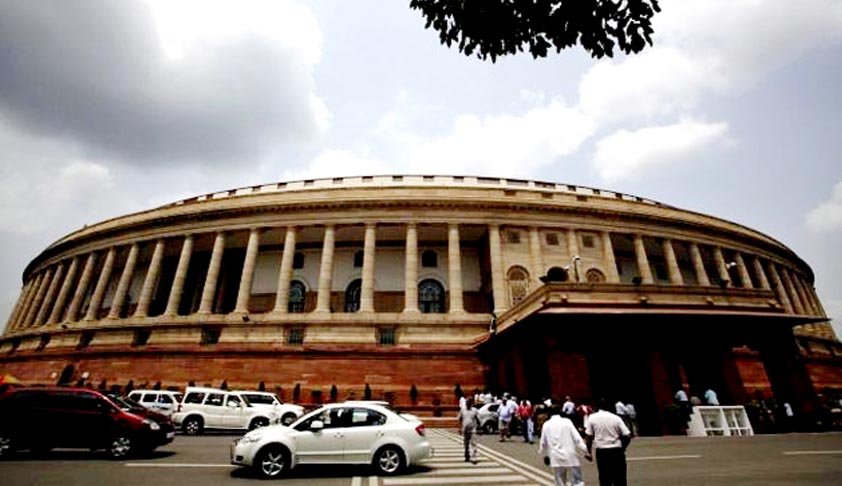Budget Session 2015 : Snapshot of the Legislative business transacted by Parliament
LIVELAW NEWS NETWORK
17 May 2015 12:44 PM IST

Next Story
17 May 2015 12:44 PM IST
The recently concluded Budget Session of the Parliament was amongst the most productive in recent times. During this session, Lok Sabha worked for 123% of its scheduled time, while Rajya Sabha’s productivity was at 101%. Though both Houses of Parliament witnessed disruptions on issues of farmer suicides, food parks, and a CAG audit report on renewable energy financing, the House could...
